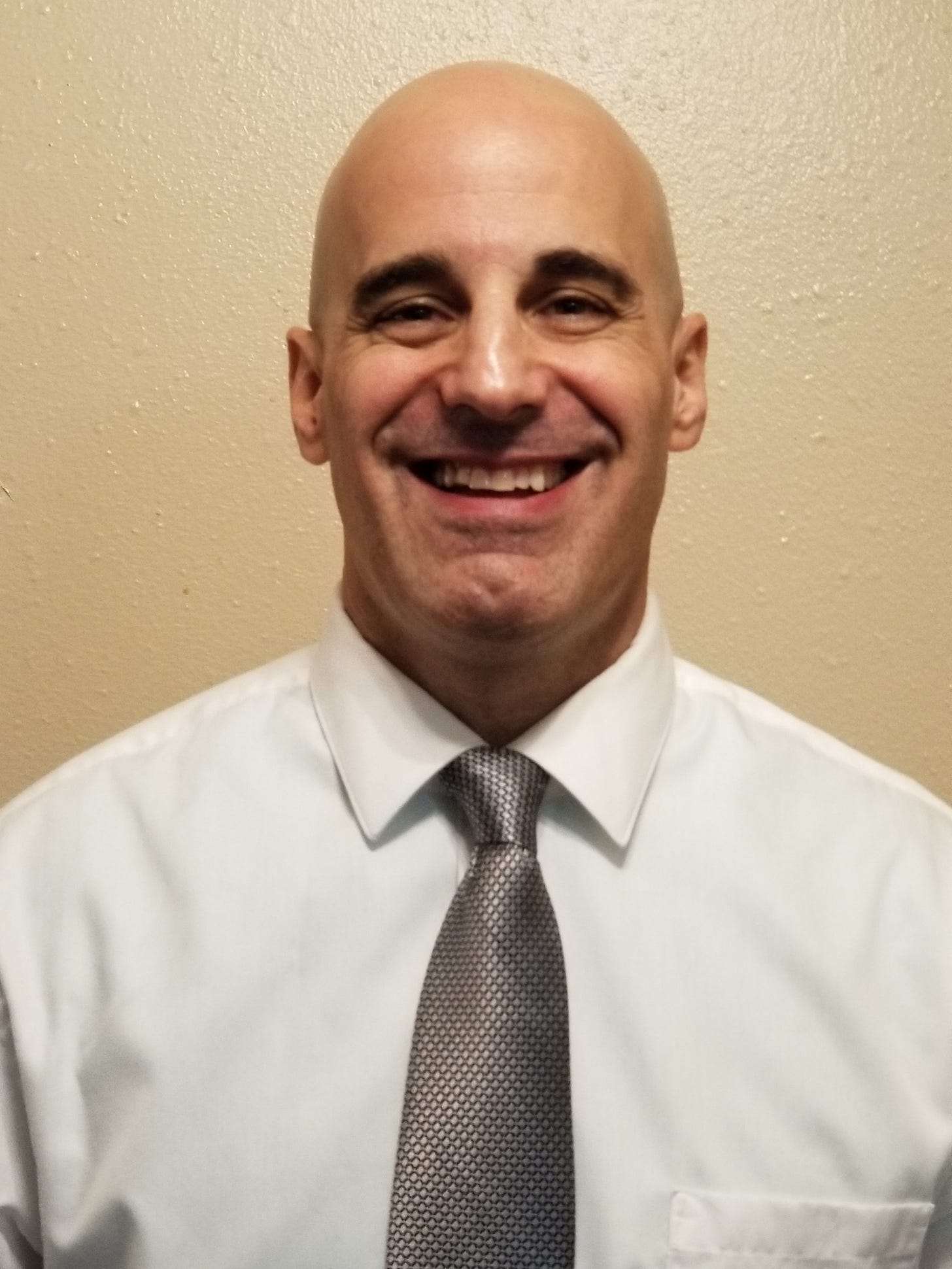Confidence and considering other possibilities
Responsible analysis, truth, participating in problems and risks in habits and ego
"It might not be what I would have done, but that may simply mean I am wrong."
This comment stood out to me for its self awareness and character. The author of it is secure in making his point yet simultaneously confesses he is going off the best analysis he has at the time, knowing and expressing that he very well could be mistaken and just not yet realize it.
That’s kind of “wow” impressive in my book.
This type of confidence, honesty and humility is going to “sell” far better than arrogance in interactions and relationships and help increase trust, respect and reputation capital.
The illusory truth effect, also known as the illusion of truth, describes how, when we hear the same false information repeated again and again, we often come to believe it is true. Troublingly, this even happens when people should know better—that is, when people initially know that the misinformation is false.
The Decision Lab
My mind took this concept and analyzed it, inspiring this question: can’t there be an illusion of truth about ourselves that we create?
I think so. What about you?
It seems very likely that the false information we repeat to ourselves in our self talk and when communicating to others, can become factual to us and therefore, an illusion.
The communication we use to tear ourselves down without evidence to back up our beliefs is one example and another is when we excuse ourselves of, or deny wrongdoing we’ve committed and then deceive ourselves that we didn’t act that way.
We might even know we’re being deceptive to others and ourselves yet we don’t label our behavior in the appropriate manner and judge it, or ourselves accurately.
“Sometimes the easiest way to solve a problem is to stop participating in the problem.”
Albert Einstein
It’s not always emotionally or psychologically easy to “stop participating.” Einstein’s suggestion comes across as overly simplistic counsel.
It’s important to identify exactly what rewards we’re chasing and getting to continue to participate in problems that don’t serve us and maybe others — well, in the present or the future.
We have to precisely identify it and why it’s pleasing. Then we can determine the risks and costs (to ourselves and others) and find an alternative way to experience tangible and intangible rewards (pleasure or avoidance of pain) that is far smarter and beneficial.
Is regret, remorse and compassion beneath you? Hopefully not. Yet for many people those acts of high character are not being practiced often, if at all.
“Houston, we have a problem.”
When this is the mindset, character deficiency and stubbornness, our reputation health is always at risk and when that’s happening, it means our well-being, professionally and personally, is too.
Extras
People's Imagination and Assumptions, and Your Reputation Risk
—Article was published at LinkedIn
Michael Toebe is the creator of Reputation Notes and founder and specialist at Reputation Quality, a practice that serves and helps successful individuals and organizations in further building reputation as an asset — and when necessary, ethically and responsibly protecting, restoring or reconstructing its health.
You are invited to subscribe or contact me at LinkedIn.






